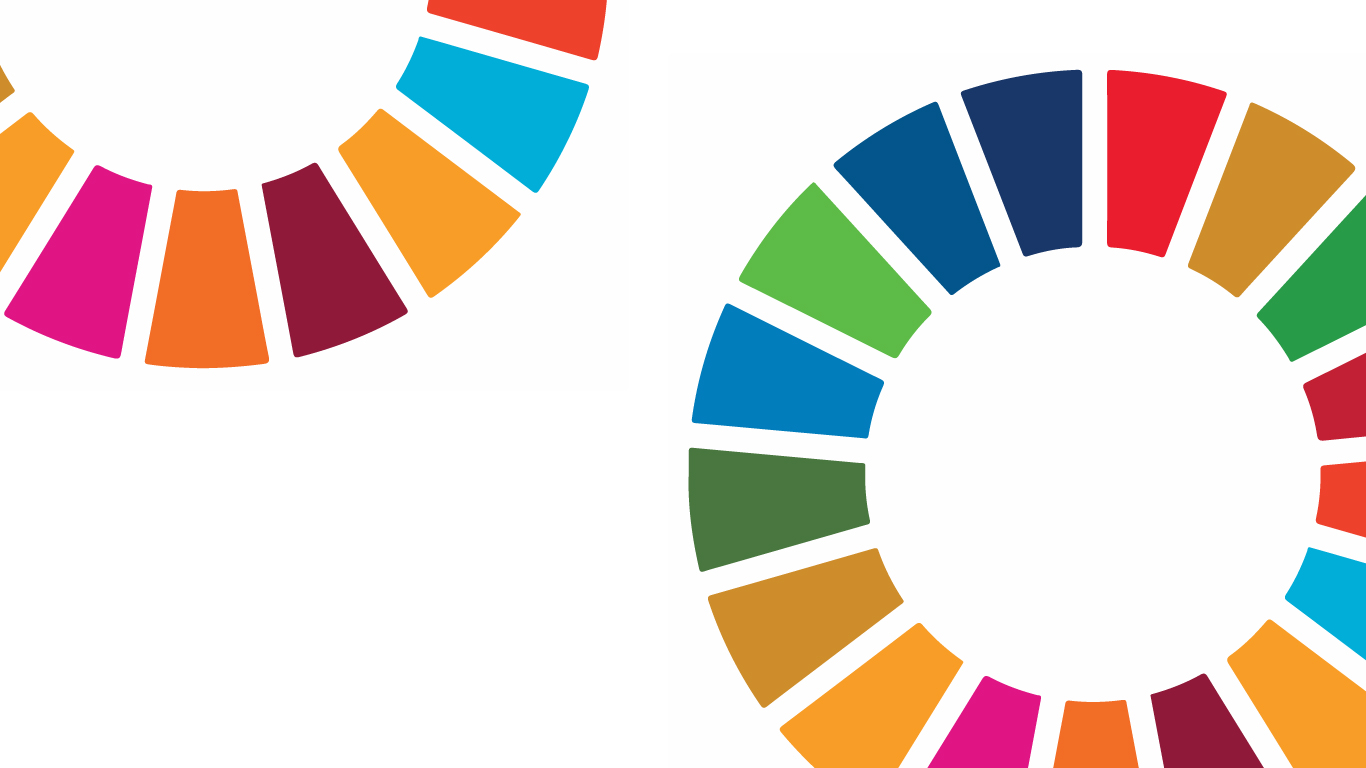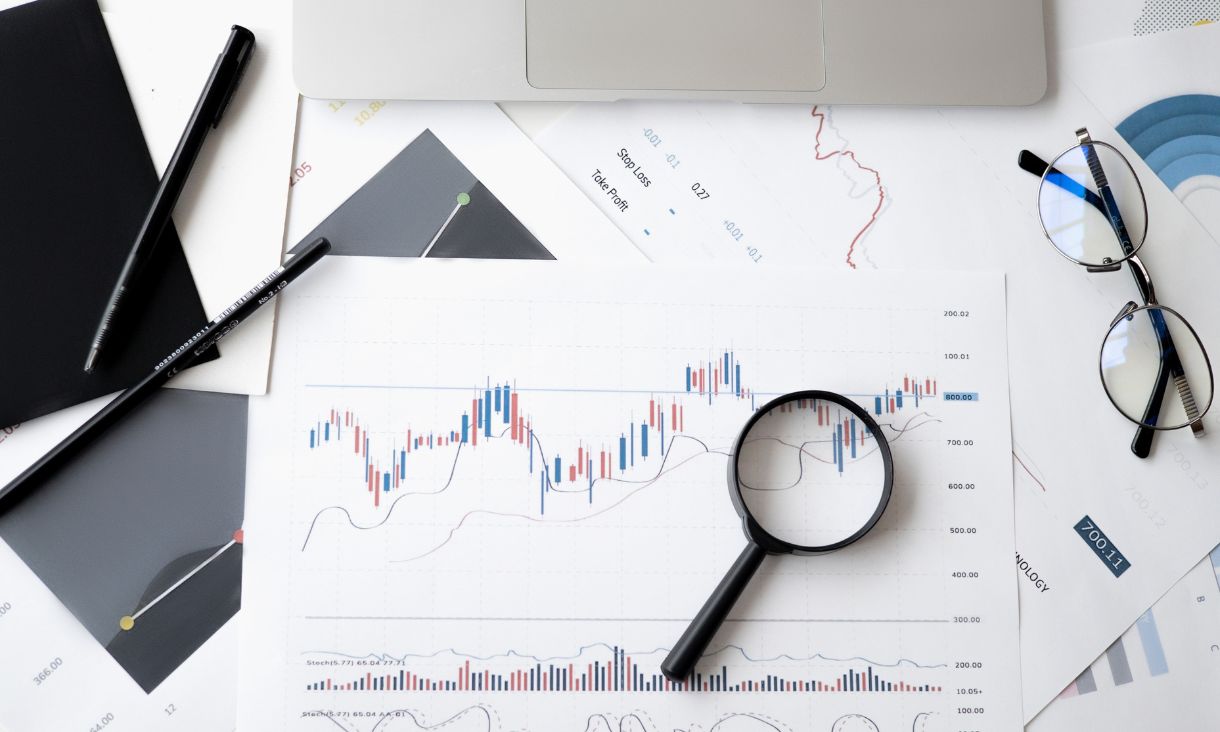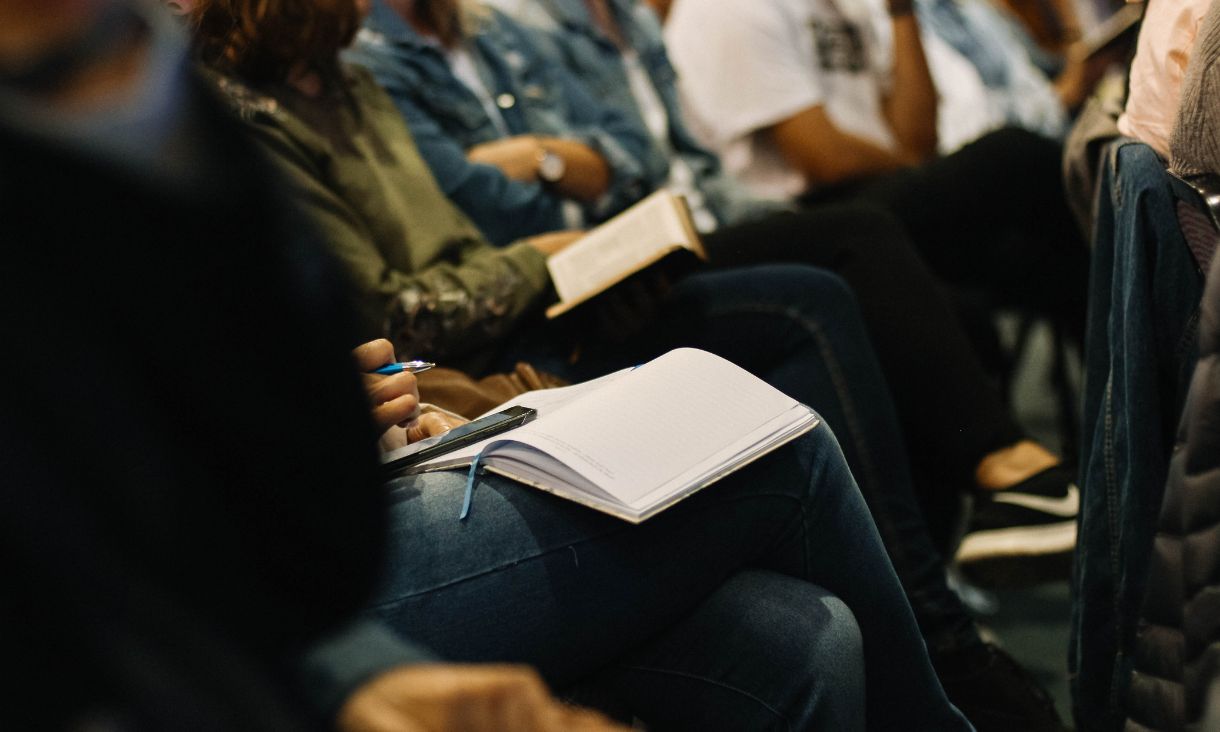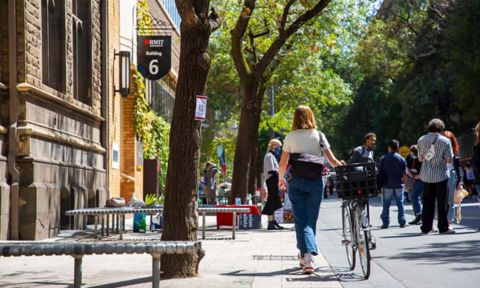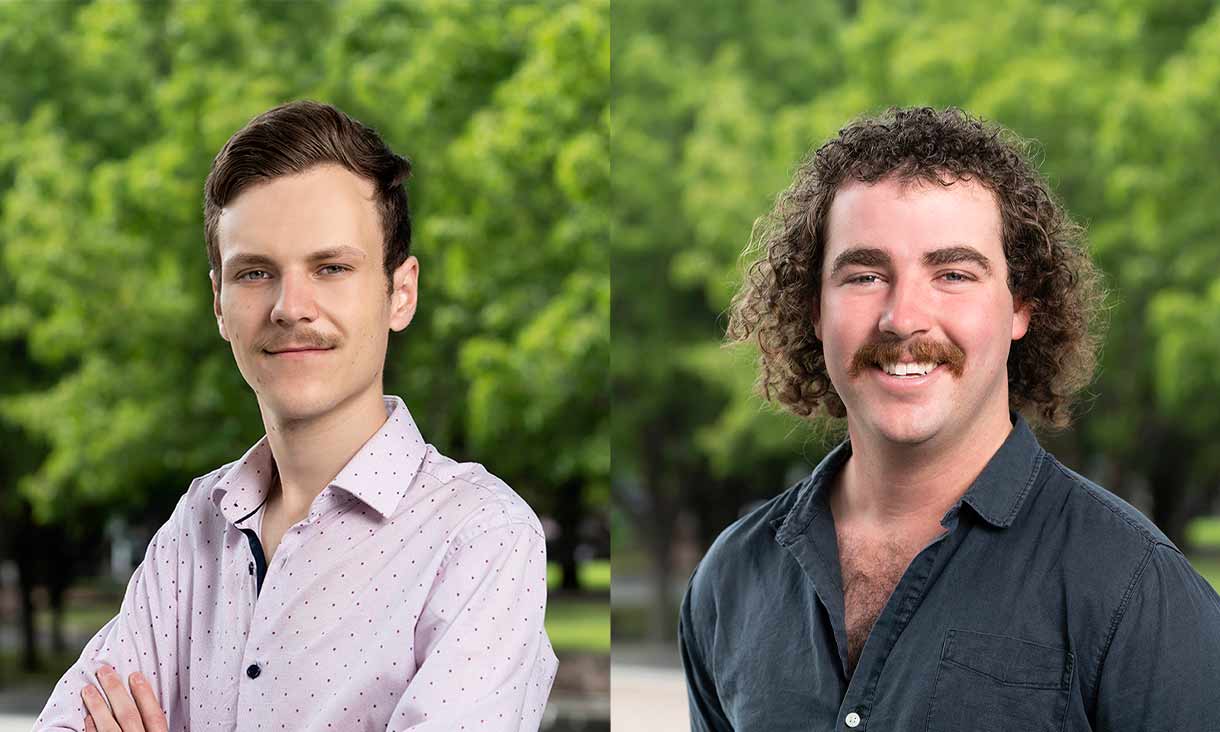In August this year, Associate Professor Wendy Steele and Professor Lauren Rickards from the School of Global, Urban and Social Studies published their book The Sustainable Development Goals in Higher Education: A Transformative Agenda? This book explores the role universities play in helping broader society achieve the SDGs, through engaging with themes such as the role universities play in society, ethical research, and critical research engagement. By examining these concepts, the authors conceptualise the role higher education has in achieving environmental and social justice worldwide.
The journal article Social Work and the Sustainable Development Goals: A Student Placement Model, authored by Dr. Sebastian Cordoba and Laura Bando, explores a SDG-focused student placement at the Australian Association of Social Workers (AASW) with RMIT University. Students reviewed the AASW’s policy actions and their contribution to the SDGs, including recommendations for future work. The review identified advocacy in key areas, and the need for action on several issues, including climate action. Students learned about social work policy, practice, and sustainability. The placement itself provides a model for other organisations to align their actions to the SDGs.
Dr Pavithra Siriwardhane, Lecturer at the School of Accounting, Information Systems and Supply Chain, has recently published on Goal 5: Gender Equality and Goal 16: Peace, Justice and Strong Institutions. Dr Siriwardhane has had her work published as a chapter in the Encyclopedia of the UN Sustainable Development. Her chapter focuses on equal participation of men and women in policy decision making
Further contributions to the sustainable development and SDGs have also been made by Dr. Saniyat Islam from the School of Fashion and Textiles. Dr. Islam recently published a chapter entitled ‘Sustainable raw materials: 50 shades of sustainability’, where he reports on the current state of raw materials in the textile industry (one of the world’s biggest emitters and polluters). This article investigated the sustainability credentials of currently-used raw materials, as well as making suggestions for a sustainable way forward for fashion production.
In other SDG related publication, Professor Jega Jegatheesan from the School of Engineering has contributed an editorial to the Environmental Quality Management journal. Professor Jega’s insightful editorial examines the key differences and similarities between the Millennium Development Goals and the Sustainable Development Goals, as well as the impact of industrial development on the biosphere.
The Australian Urban Observatory, a non-for profit platform created by RMIT which maps key liveability indicators in Australian urban areas, is also helping local governments in Australia achieve the SDGs. The AUO has a large set of freely available data for authorities to use to create targeted strategies to achieve the SDGs, and early this year produced a guidance note on how these measurements relate and interact with various SDGs. This resource provide important policy direction and information for planners, councils, and policymakers.
These research projects, along with many others, are some of the key ways in which RMIT is helping promote and achieve the Sustainable Development Goals!
